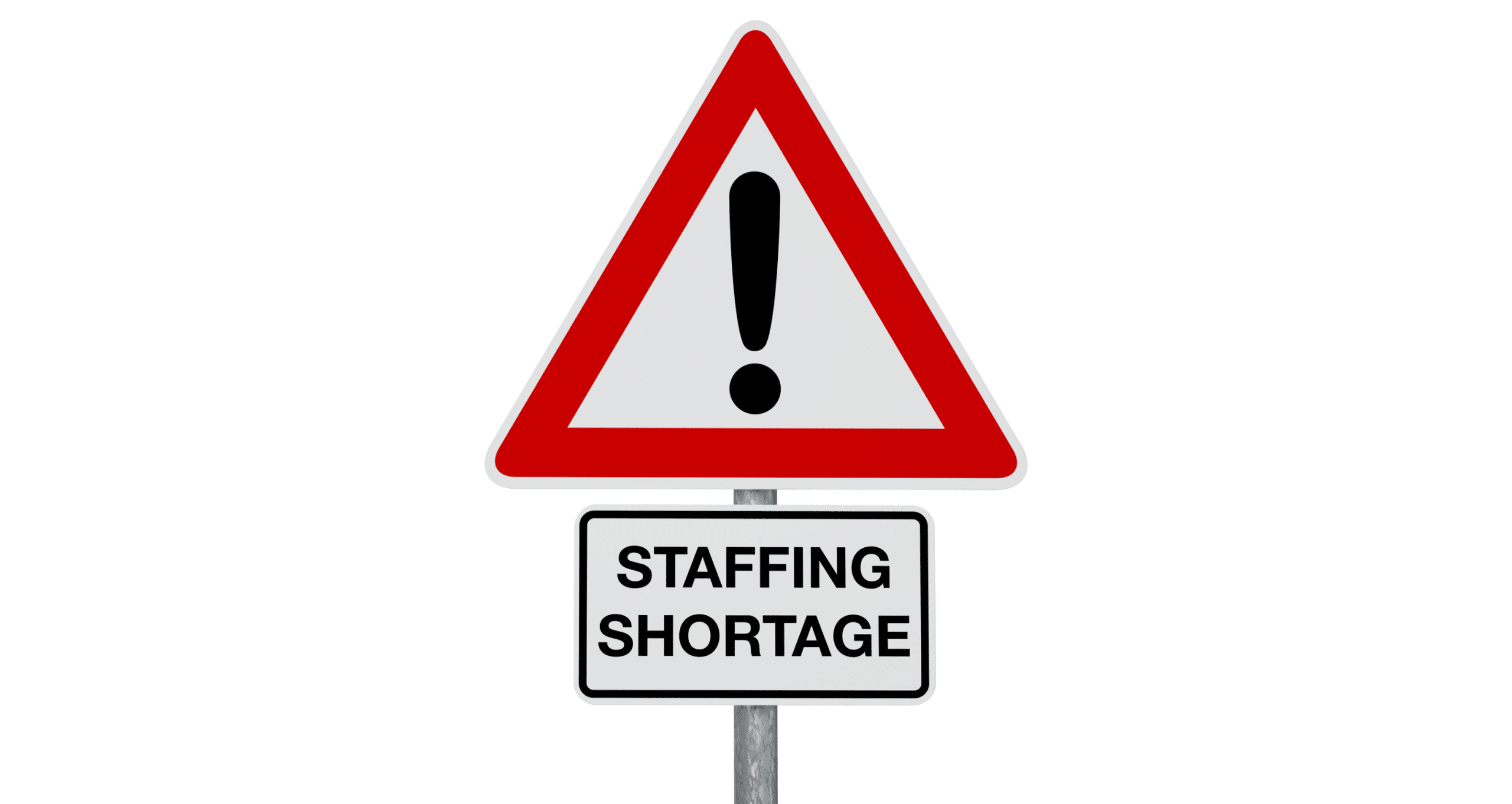We all know that workforce continues to be a challenge. There is no shortage of need: it’s the lack of—and competition for—workforce that limits access to care and services.
A variety of remedies are needed to address challenges across the workforce continuum of recruitment, retention, pipeline and readiness, including the impact of reimbursement rates. Today, Lutheran Services in America is engaging on the Healthcare Workforce Resilience Act (HRSA) to address the nursing shortage.
How can we increase the number of qualified people in the workforce?
The impact of the nursing shortage is particularly acute for organizations that provide skilled nursing care. The recent ruling on the minimum staffing requirement for skilled nursing facilities did not address the key issue – the growing shortage of nurses in our country. In fact:
- According to the Health Resources and Services Administration (HRSA), which is part of the U.S. Department of Health and Human Services, over 102 million Americans already live in a designated primary care Health Professional Shortage Area.
- The Bureau of Labor Statistics projectsmore than 275,000 additional nurses are needed by 2030.
The Healthcare Workforce Resilience Act – An opportunity to increase the pipeline
- Introduced in November 2023, this bipartisan legislation, sponsored by Rep. Bradley Schneider (D-IL) and Sens. Dick Durbin (D-IL) and Susan Collins (R-ME), would allow previously authorized green cards to be used for additional foreign-trained healthcare workers.
- Recapture 25,000 unused immigrant visas for nurses and 15,000 unused immigrant visas for physicians that Congress has previously authorized, as well as recaptured visas for immediate family members;
- Require employers to attest that international workers from overseas who receive these visas will not displace American workers; and
- Require eligible international medical professionals to meet licensing requirements, pay filing fees, and clear rigorous national security and criminal background checks before they can receive recaptured green cards.
Why now and what’s next?
- Over the summer we have seen growing bipartisan momentum on this bill. We are hearing that it is being considered for inclusion in one of the legislative packages before the end of this Congress.
- We are amplifying our unique faith-based voice and joining 52 other national organizations including American Hospital Association (AHA), American Healthcare Association (AHCA), National Rural Healthcare Association (NRHA), Leading Age and other aligned national partners as part of the Healthcare Workforce Coalition.
- As part of this joint effort, we are meeting with lawmakers, urging them to support this legislation. Our goal is for the bill to gain additional co-sponsors in the hopes of building momentum to ensure it is included in a larger legislative package that will be passed by Congress before the end of the year.
- You can join us in reaching out to your lawmakers using our quick and easy advocacy alert tool.
Taking action together as one of the largest faith-based provider networks: we have the reach, we have the expertise and we have the responsibility.
Alesia Frerichs is President & CEO of Lutheran Services in America.

